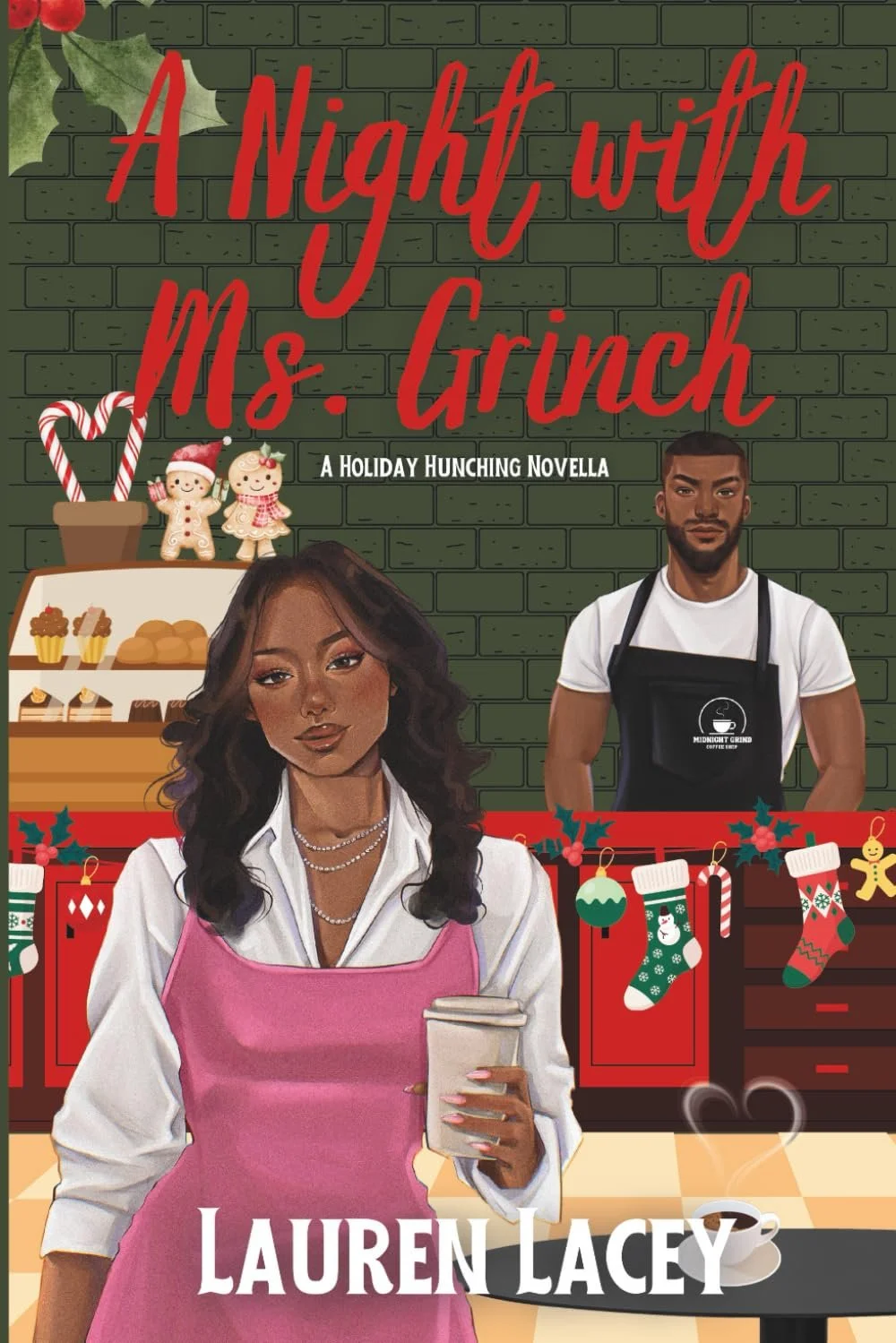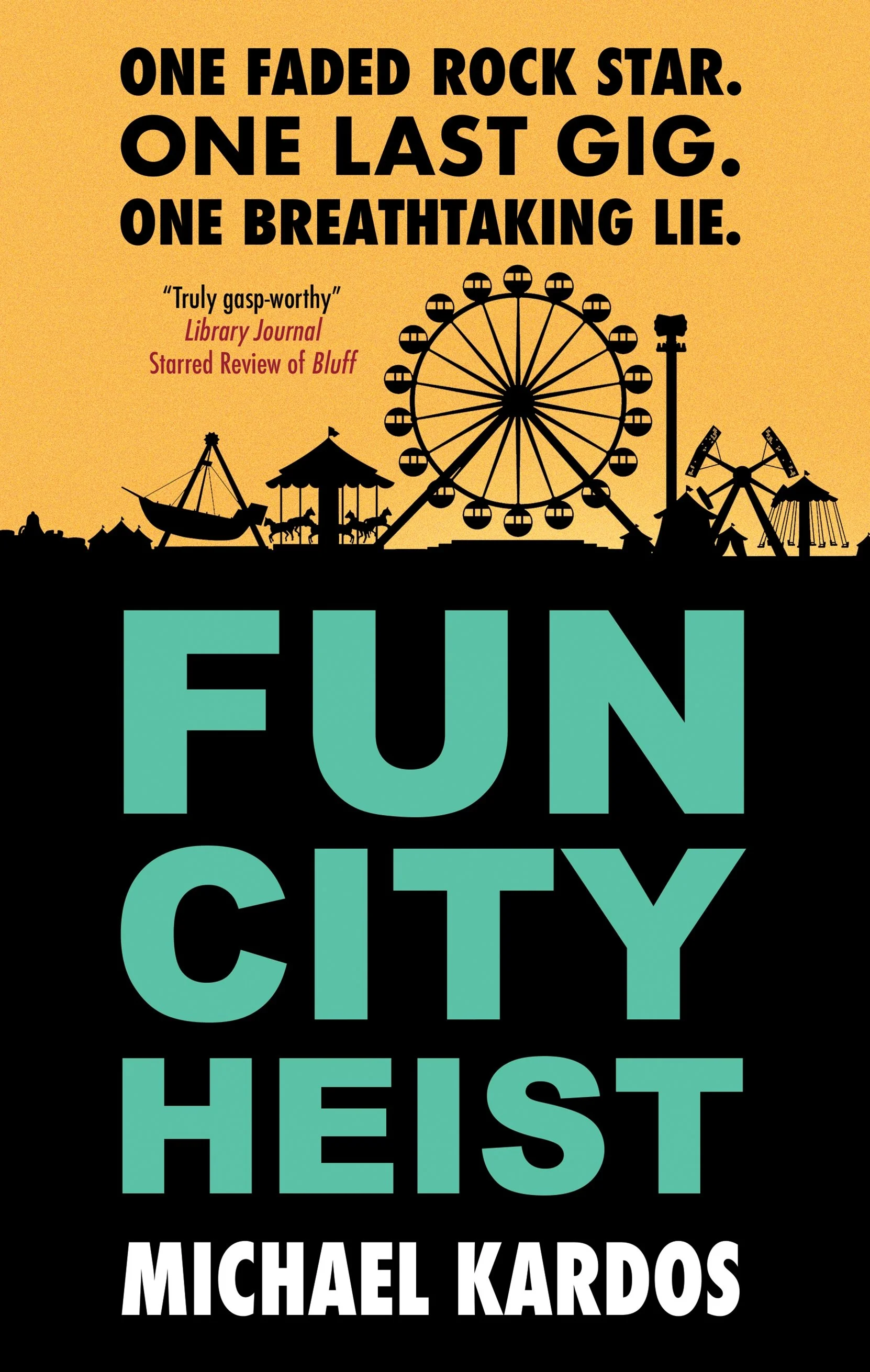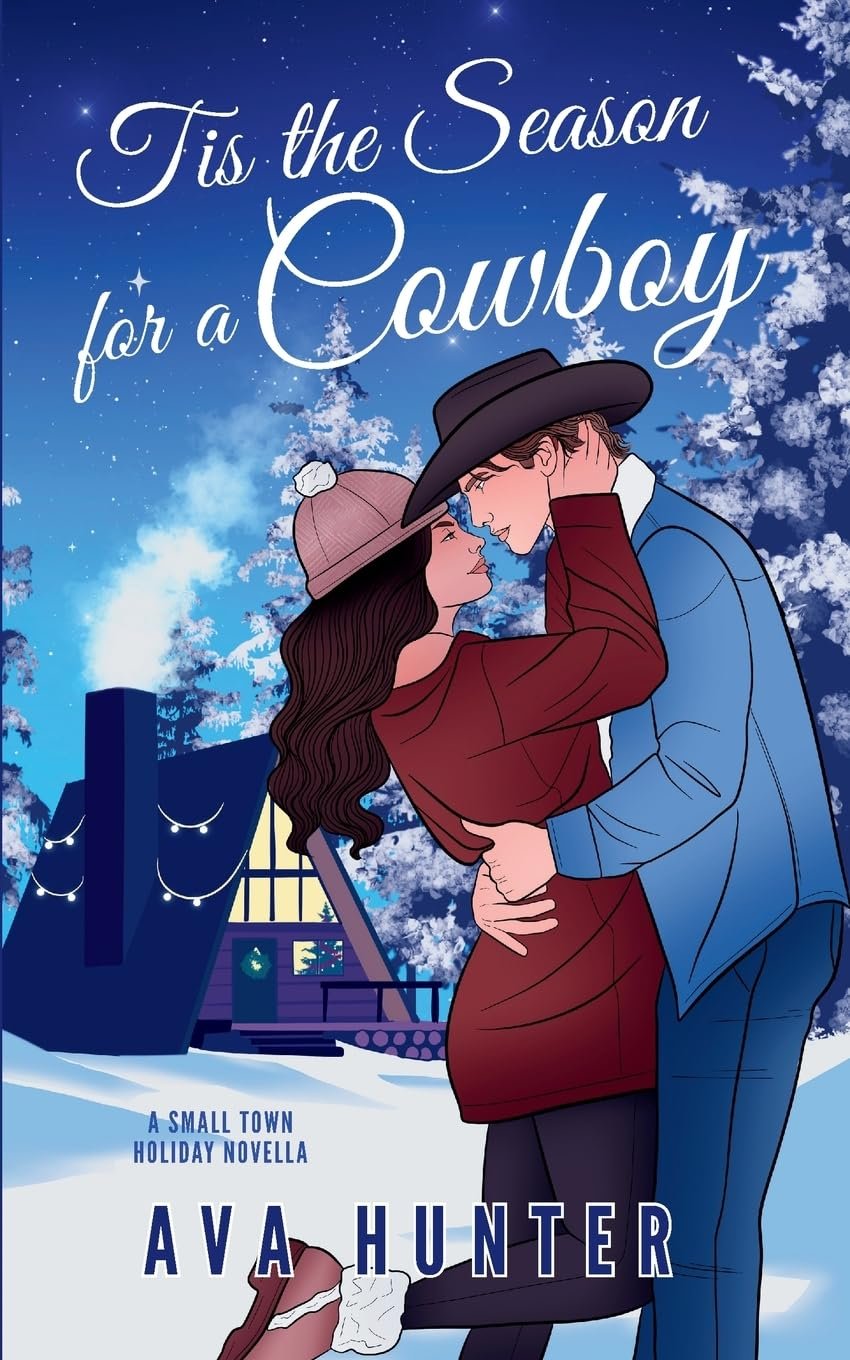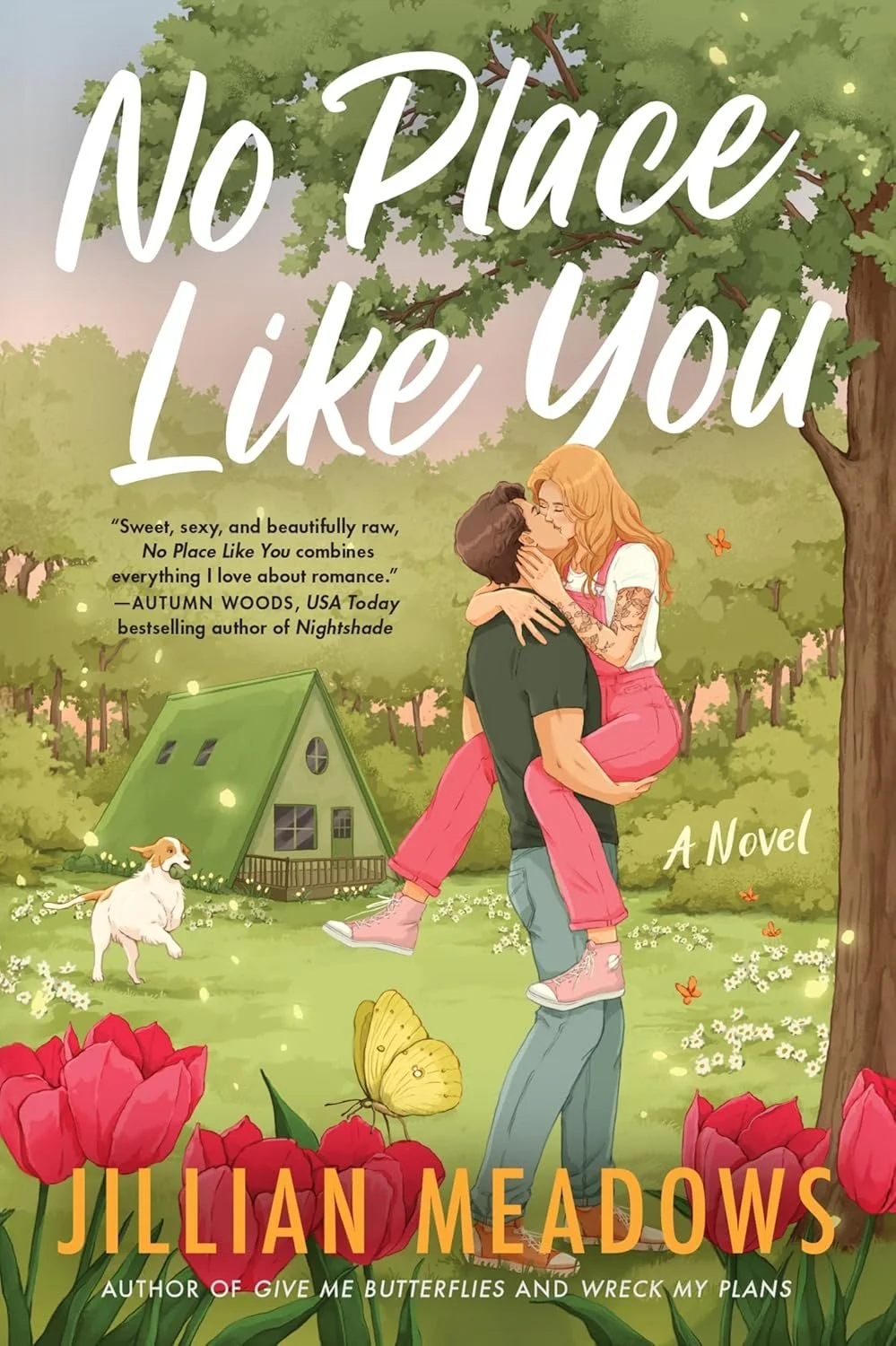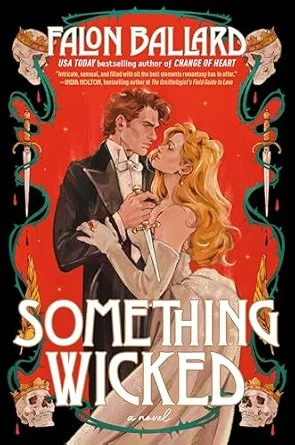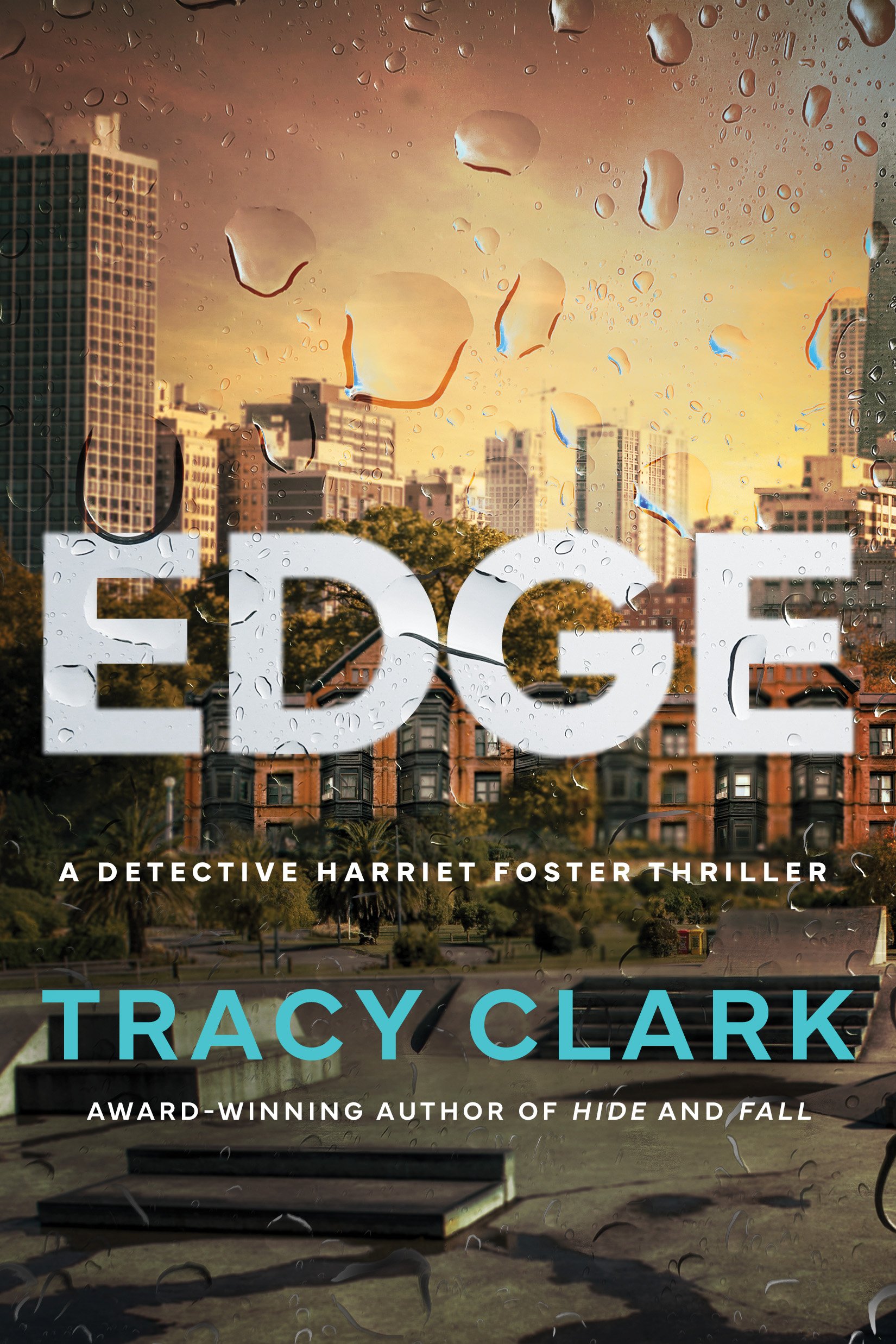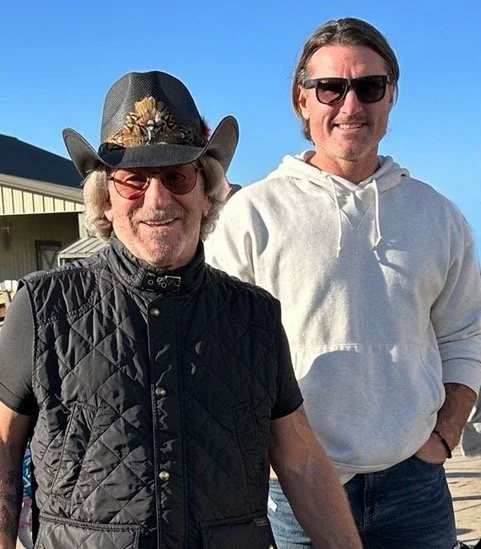Read an excerpt from The Death of a Falcon by Susan McDuffie
/Genre: Historical Mystery
Series: Muirteach MacPhee Mystery, Book 4
Scotland, 1375: Muirteach MacPhee and his wife Mariota visit Edinburgh Castle, assisting the Lord of the Isles in his negotiations with King Robert II. A trading vessel arrives at the nearby port of Leith from the far away Norse settlement in Greenland. The ship brings unexpected diversion and carries coveted wares: gyrfalcons, unicorn’s horns, and fine furs. Both King Robert and the Lord of the Isles desire the rare birds, easily worth a king’s ransom.
Muirteach and Mariota, unaccustomed to the sophistication of castle life, initially find pleasure in the heady and flirtatious glamor of the royal court. Then sudden and unexpected cruelty, followed by the senseless death of a beautiful young girl, plunge the couple into a murky sea of alliances and intrigue that stretches from Scotland across the icy western ocean to the far northern lands of the Norse, leaving trails of treachery and murder in its wake.
Excerpt
I looked up to see Malfrid walk into the hall. Duncan’s daughter saw us, waved, and started towards us, but the young swain I had seen speaking with her that other day, Sir Johann’s squire, approached her as she gathered her bread. She seemed hesitant and glanced at Duncan, whom I noted glowering at her. The single glance must have been enough, for she shook her head, motioned towards us and then walked our way, her admirer following somewhat reluctantly behind. Duncan gestured to an empty seat on the bench next to him and Malfrid sat down obediently.
“Father, this is Peter Leslie,” Malfrid said, her voice soft. “He is Sir Johann’s squire. You met him two nights ago, at the party his lord and lady hosted.”
“Aye, so I did. And how are you this morning,” inquired Duncan, glaring at the youth, who had the courtesy to flush a bit. The squire’s attire today looked only slightly less foolish than his party clothes had been; he sported a doublet short enough in the back to nearly show his buttocks, although his sleeves, long and scalloped, nearly touched the floor in front. Malfrid wore a plain green kirtle over her linen shift, modest enough, her long hair hanging down in two simple plaits. Although her sea green eyes were a bit puffy, perhaps from her tears of yesterday, she looked lovely.
“I’m well enough, sir,” Peter replied with fortitude, obviously set on charming this crusty old man.
“Fancy dress for a squire,” commented Duncan.
“I will change before I see to Sir Johann’s horse.”
“Those sleeves would get in the way, no doubt,” huffed Duncan. Henry and I watched in amusement as Duncan continued to grill the lad. Finally Malfrid said something in Norse to her father. I did not know the words but they had a pleading tone and Duncan evidently relented. He stopped questioning Peter, at any rate.
Malfrid said something else to her father and he replied, also speaking Norse. They seemed to have a bit of an argument. Finally Duncan appeared somewhat appeased, for Malfrid smiled a bit.
Duncan eyed the squire. “My daughter tells me you wished to show her the palace pleasure gardens.”
“Indeed, sir, there is nothing that would please me more.”
“And how many other maids have walked with you there?”
Peter took this well in stride but did not answer the question directly. “It is a pleasant place, and one favored by many in the court.” He smiled reassuringly at Malfrid, who shyly smiled back.
“She could not go un-chaperoned. And we have need of her help this morning. Perhaps later in the day I could allow it.” Duncan turned to me abruptly. “Would you and your wife like to walk in the gardens this afternoon?” he asked.
“I am sure my wife would love to see the gardens,” I said. “Although I believe she has already seen the herber.”
Malfrid’s face fell.
“Oh no, sire,” Peter put in. “These are the pleasure gardens, not the herber. And they are indeed lovely, with a flowery mead, and many plants that will be of great interest to your wife, I am sure.”
At length I agreed, more to assuage the concern in Malfrid’s face than out of any great desire to see the gardens myself. Almost nothing thrilled Mariota more than a garden, although I fail to share this fascination.
“Good, that’s settled, then,” returned Duncan. “You and your wife can accompany Malfrid and this young squire this very afternoon.”
Malfrid had been listening intently, and her young face brightened like the morning sun gently touching a rose bud. The happiness in her face went a far way towards overcoming the irritation I felt with her father. And Duncan did look relieved. I imagine, were I to have a daughter of that age, I would share that anxiety. Peter flushed again, professed contentment with this plan, and so we made arrangements to meet later in the day. The lad made an elaborate bow and prepared to leave, saying something about impending duties. Henry Sinclair and I tried hard not to laugh as we watched him walk away.
“I’d best go and see to those birds,” said Duncan. “And you will come with me, lass. Your brother has been there by himself long enough.”
Malfrid followed her father obediently, although I saw her flash a parting smile at Peter Leslie.
Henry rolled his eyes a little after Duncan and Malfrid departed. “I have three dochters of my own—I shudder to think of what’s in store for me someday.” He picked up another piece of bread, took a bite and chewed thoughtfully.
“Och, she’s a good lass,” I replied in Malfrid’s defense. “This is surely different from shipboard life. You can’t expect that her head would not be turned by a pretty face and fine raiment.”
Buy on Amazon | Barnes and Noble
About the Author
A fan of historical fiction since childhood, Susan McDuffie spent such vast amounts of time reading stories set in the past that she wondered if she had mistakenly been born in the wrong century. As an adult her discovery that Clorox was not marketed prior to 1922 reconciled her to life in this era. Susan’s childhood interest in Scotland was fueled by family stories of the McDuffie clan’s ancestral lands on Colonsay and their traditional role as “Keeper of the Records” for the Lords of the Isles. On her first visit to Scotland she hitchhiked her way through the Hebrides, and her initial visit to Colonsay and the Oronsay Priory ruins planted the seeds for her medieval mysteries. Those seeds have grown into the Muirteach MacPhee mysteries, set in medieval Scotland during the Celtic Lordship of the Isles. The series includes A MASS FOR THE DEAD, THE FAERIE HILLS (2011 New Mexico Book Awards “Best Historical Novel”), THE STUDY OF MURDER (New Mexico/Arizona Book Awards Finalist 2014), and THE DEATH OF A FALCON. Susan frequently presents at workshops and conferences and regularly reviews historical fiction books for the Historical Novel Society’s “Historical Novels Review.
Susan lives in New Mexico and shares her life with a Native American artist and four cosseted cats. She enjoys taking flamenco dance classes in her spare time. Susan loves to hear from readers and can be contacted via Facebook or through her website.




